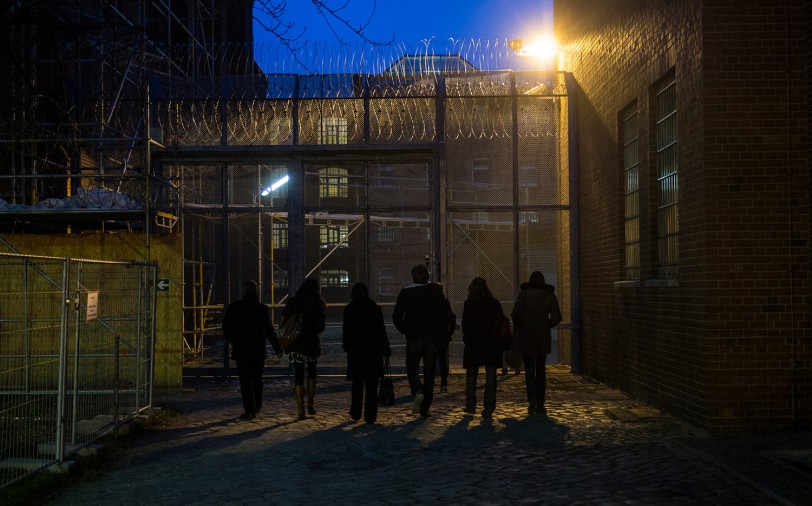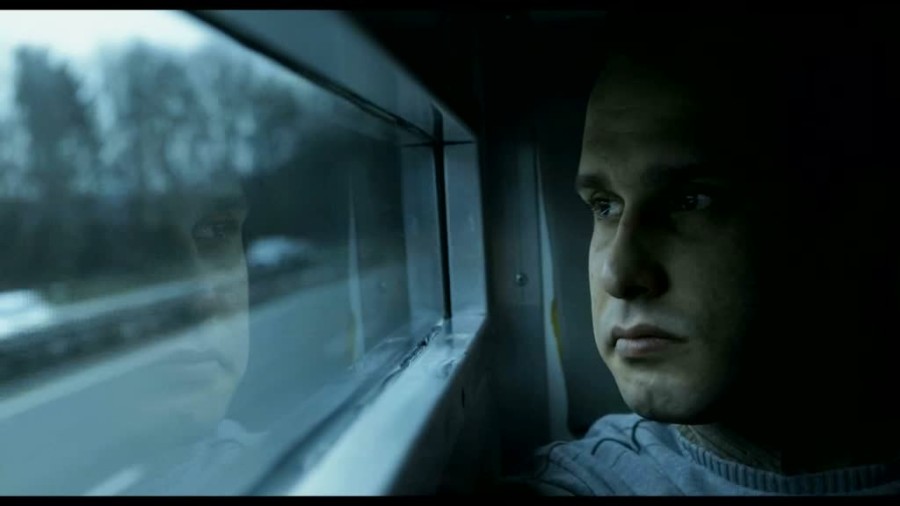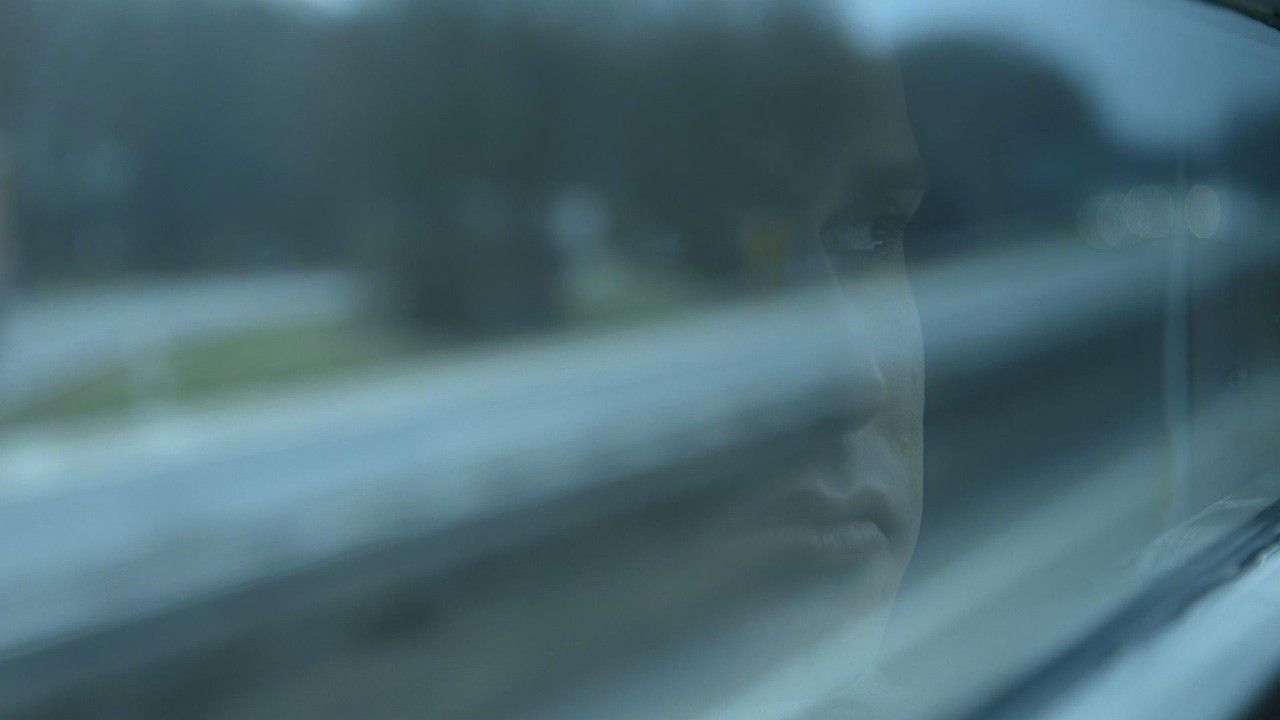
Raumfahrer | Spacemen by Georg Nonnenmacher
DEU 2013, Perspektive Deutsches Kino
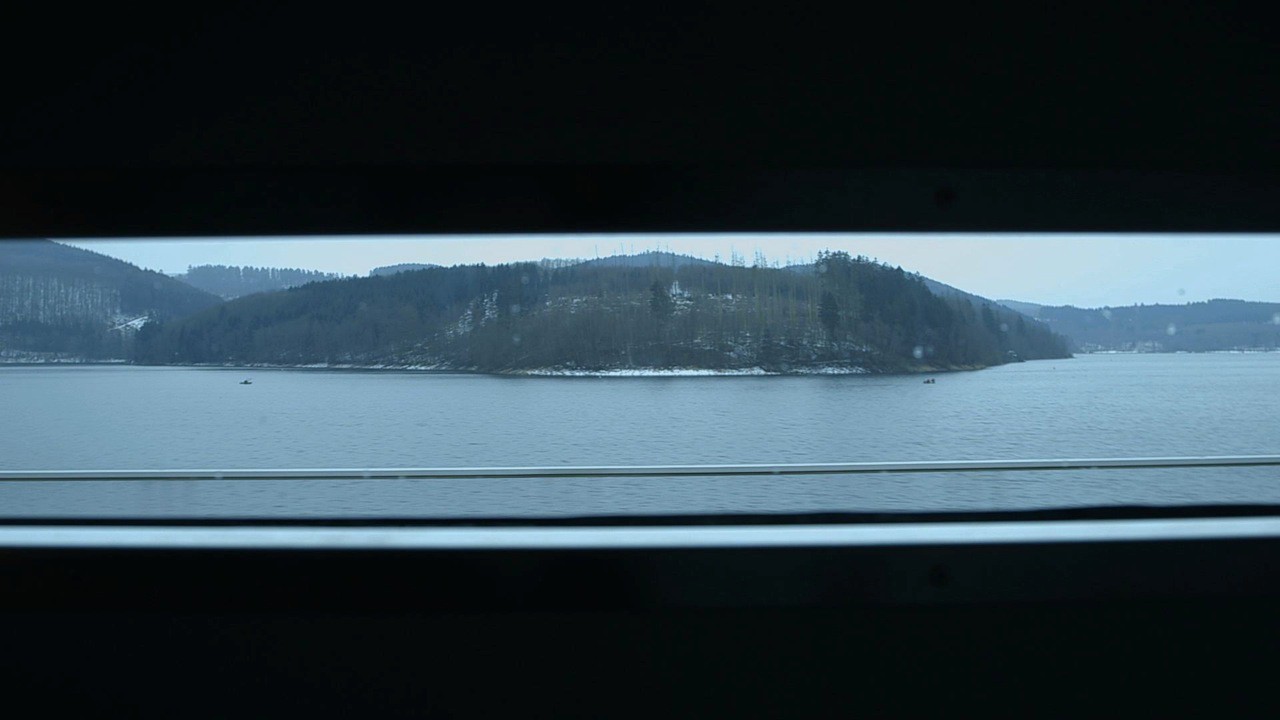
Raumfahrer | Spacemen by Georg Nonnenmacher
DEU 2013, Perspektive Deutsches Kino
© Hihead Film
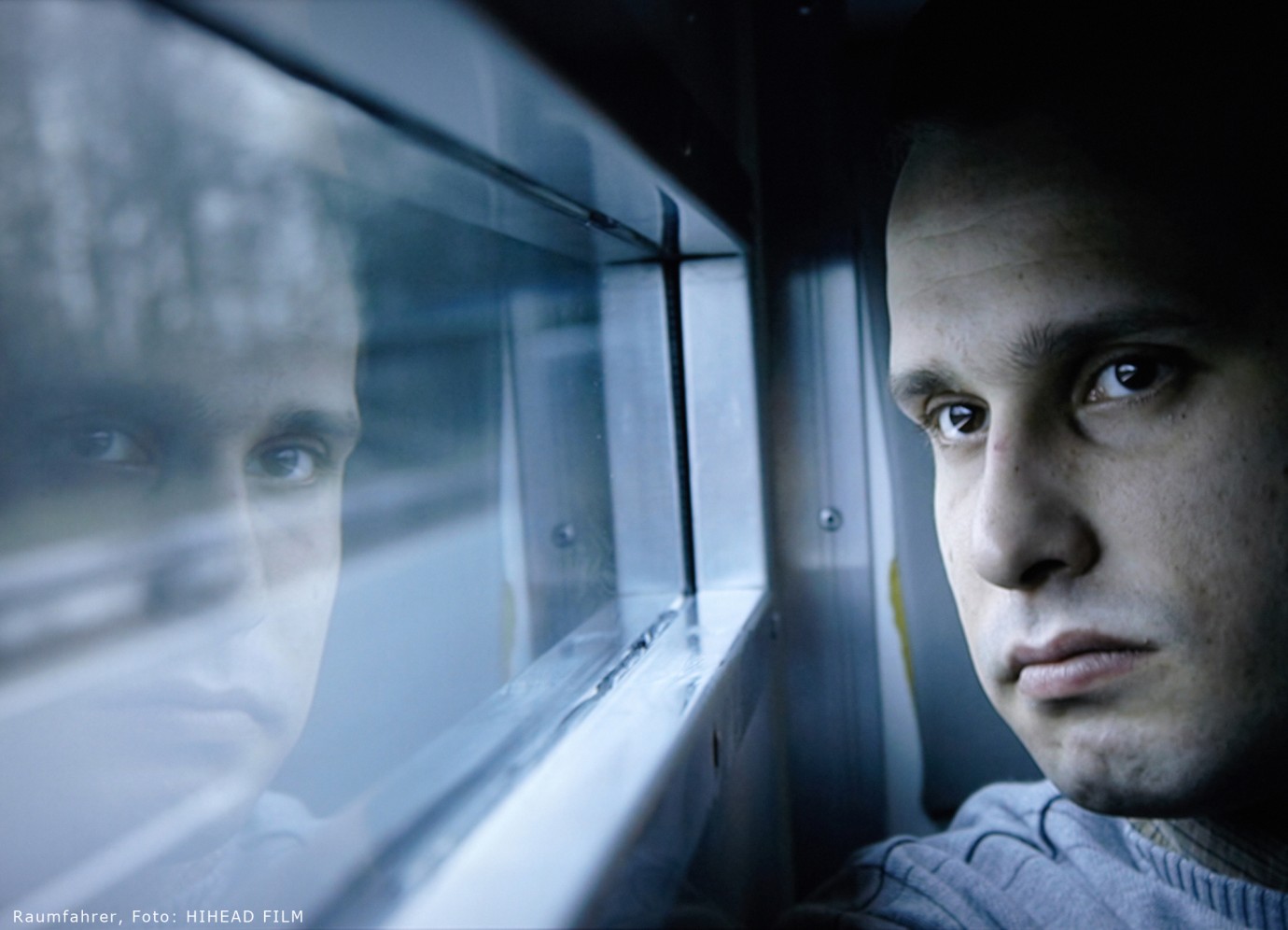
Raumfahrer | Spacemen by Georg Nonnenmacher
DEU 2013, Perspektive Deutsches Kino
© Hihead Film
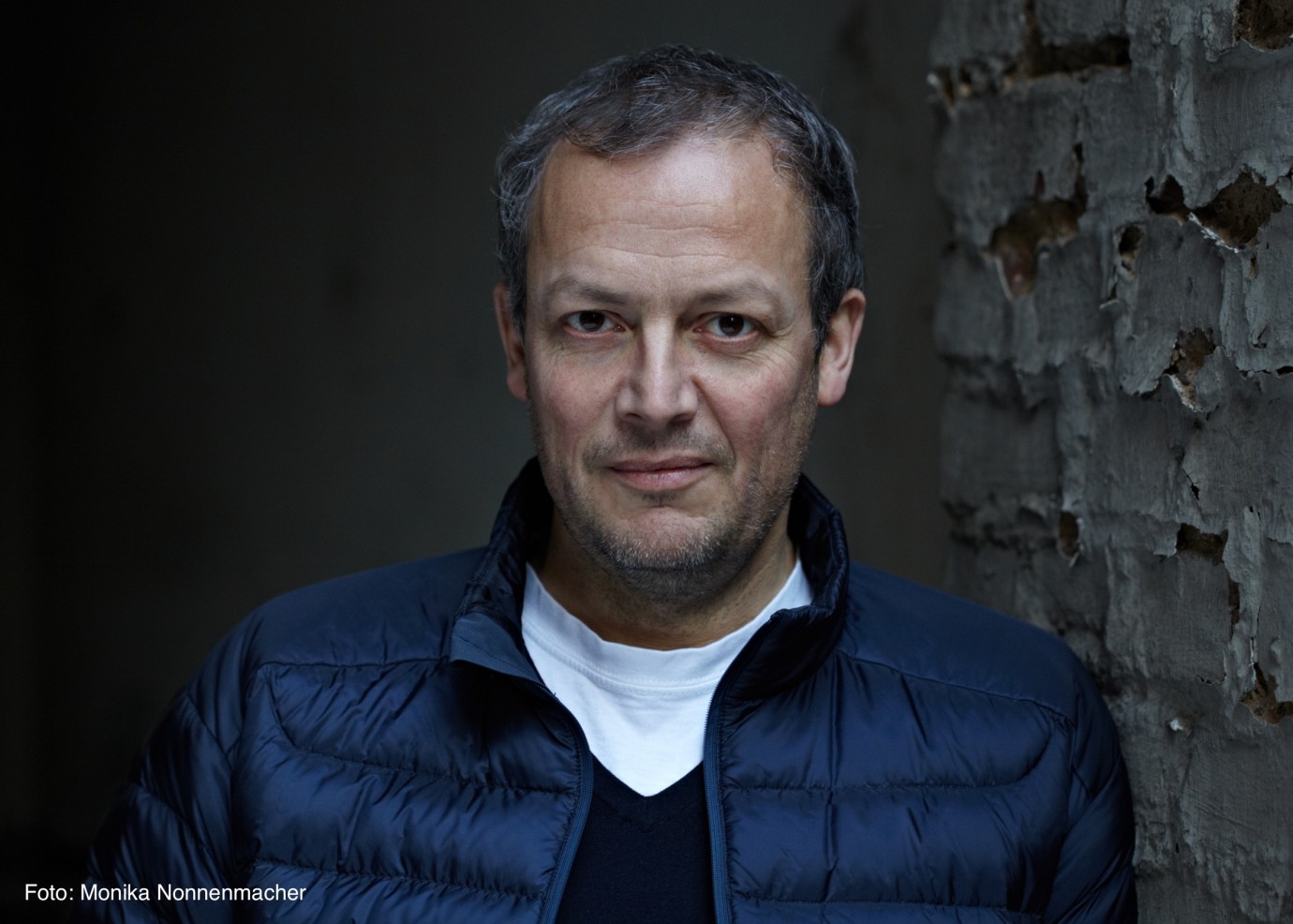
Georg Nonnenmacher
Raumfahrer | Spacemen by Georg Nonnenmacher
DEU 2013, Perspektive Deutsches Kino
© Monika Nonnenmacher
For the duration of one enforced winter’s journey, Raumfahrer explores the quiet, invisible yet omnipresent sense of the violence of imprisonment which robs detainees not only of their freedom but also their autonomy and, sometimes, their humanity.
Additional information
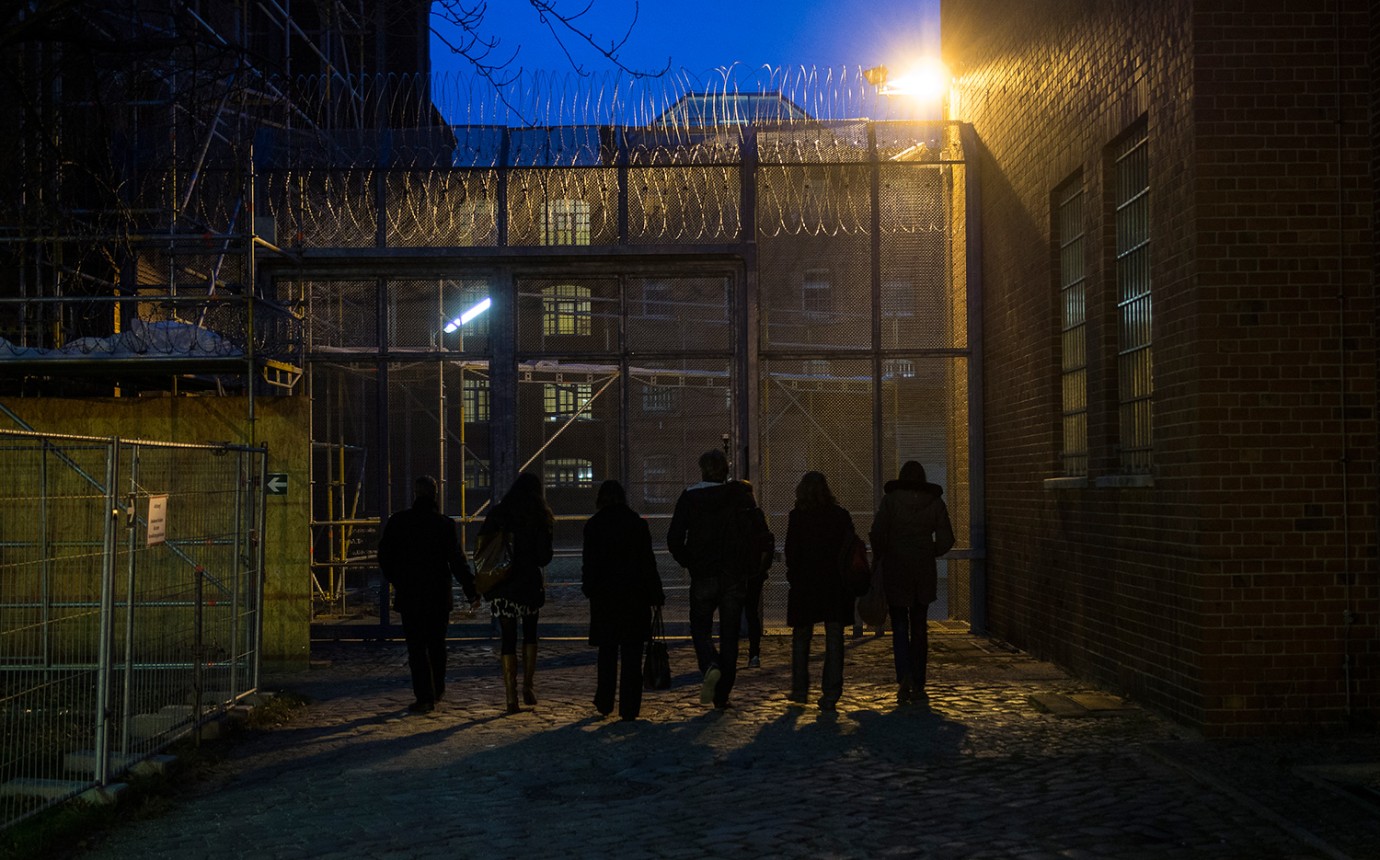
Special screening
The prison in Tegel, where the special screening took place.
Raumfahrer · Perspektive Deutsches Kino · Feb 10, 2014
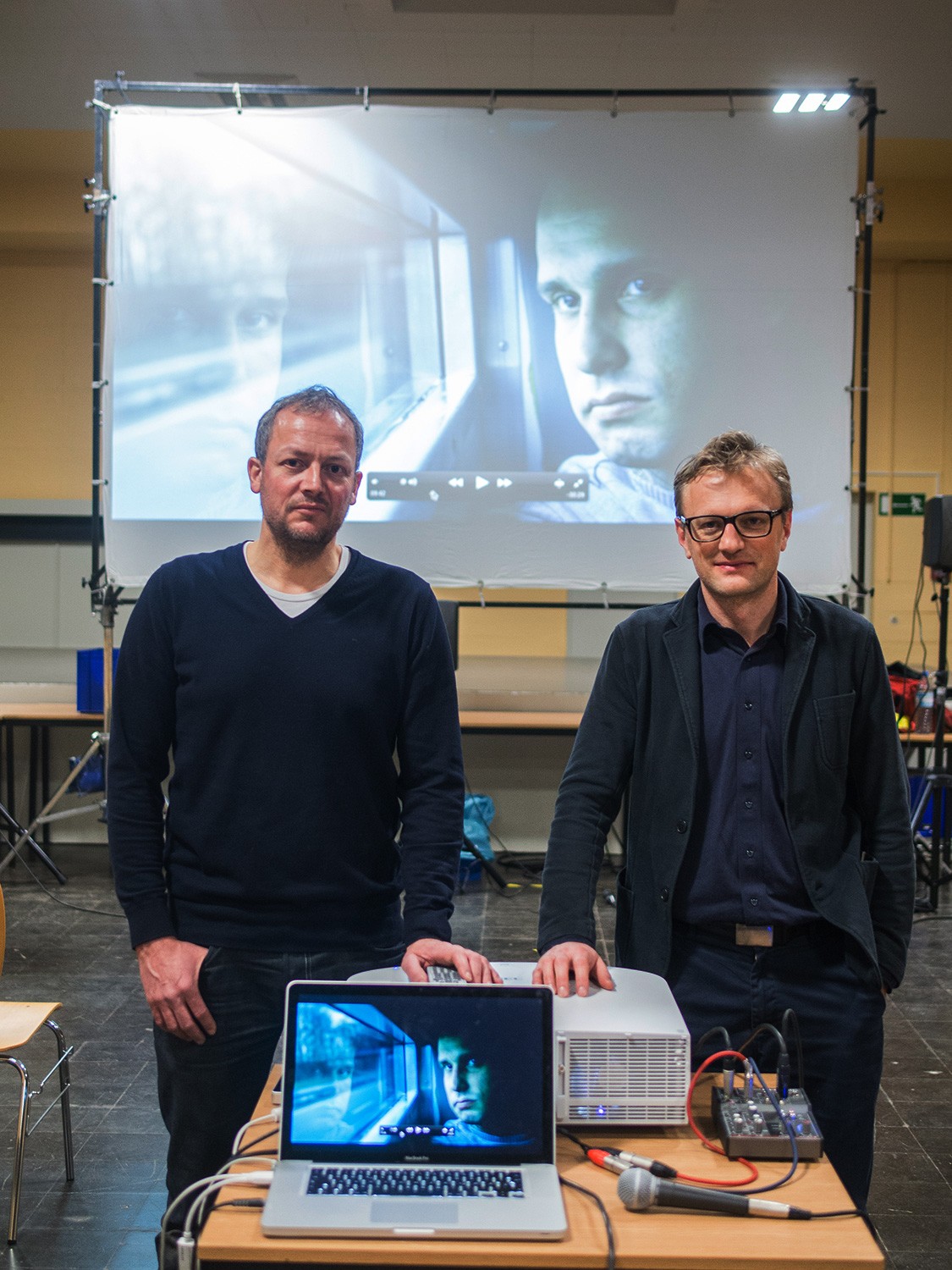
Georg Nonnenmacher, Hajo Schomerus
The director and the cinematographer of the film that was shown that day at the prison in Tegel.
Raumfahrer · Perspektive Deutsches Kino · Feb 10, 2014
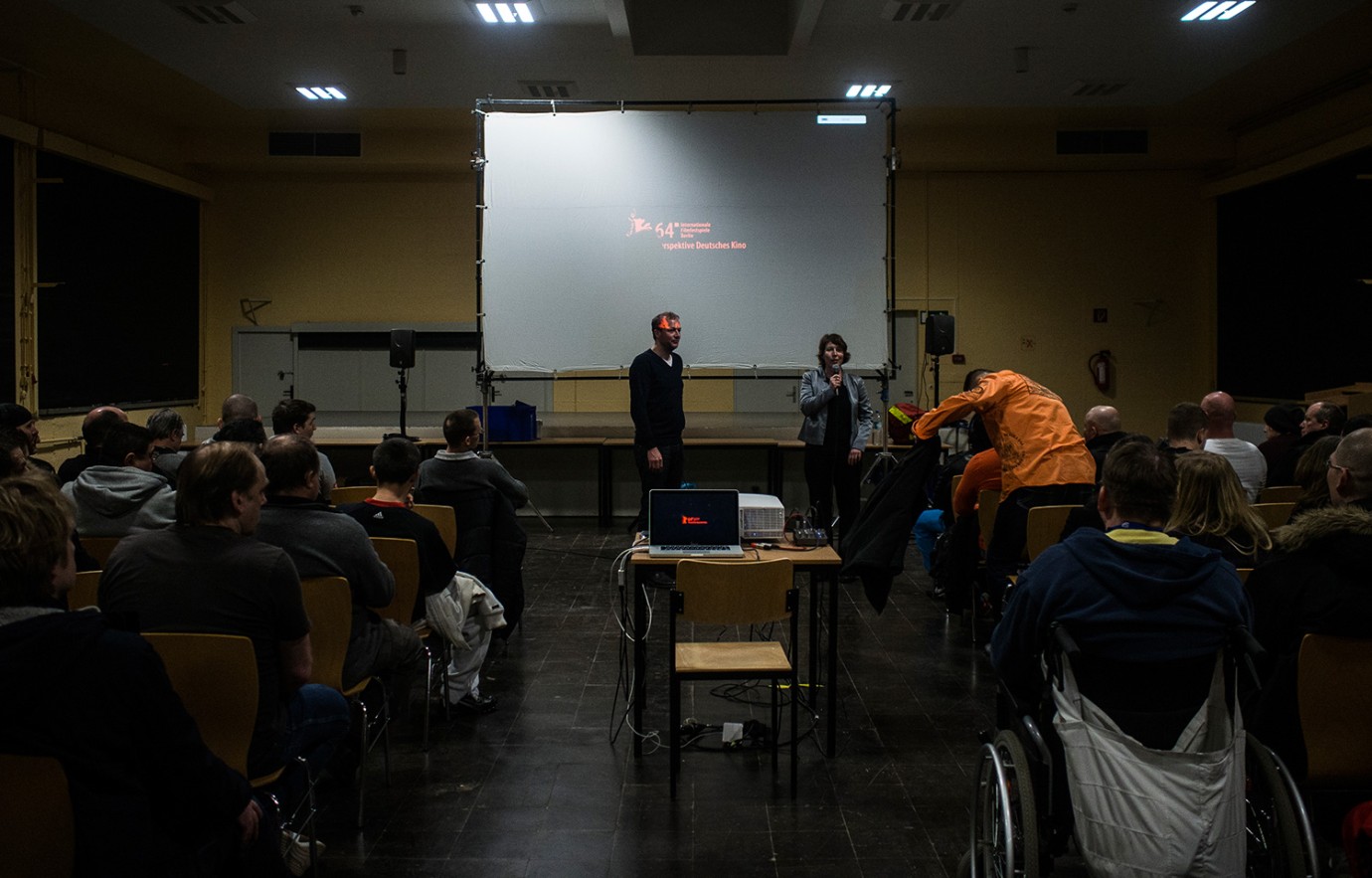
Georg Nonnenmacher, Linda Söffker
In the prison in Tegel.
Raumfahrer · Perspektive Deutsches Kino · Feb 10, 2014
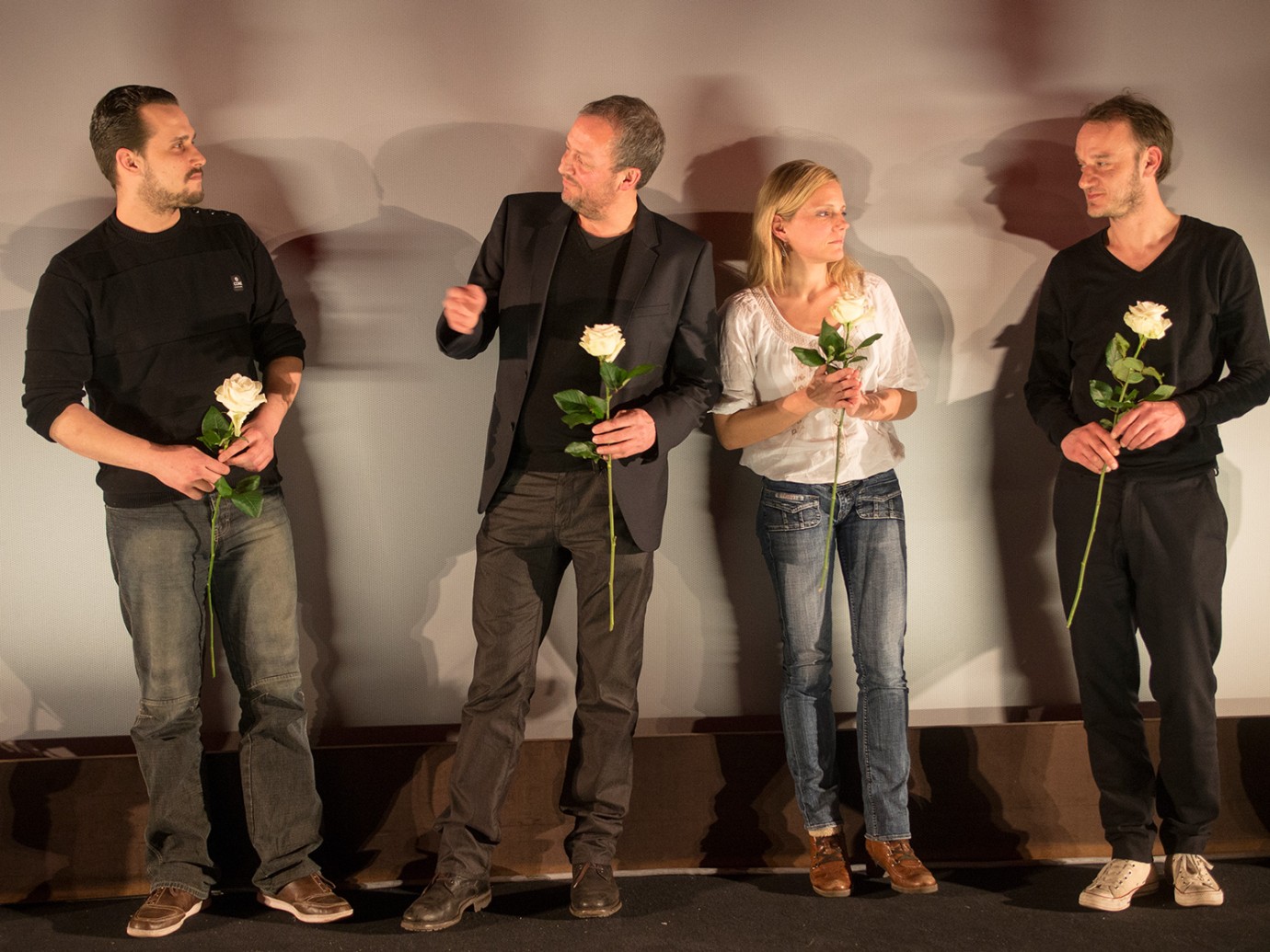
René Luque-Cañadas, Georg Nonnenmacher, Anika Simon, Henning Drechsler
After the screening.
Raumfahrer · Perspektive Deutsches Kino · Feb 13, 2014
Raumfahrer | Spacemen
Film Excerpt
